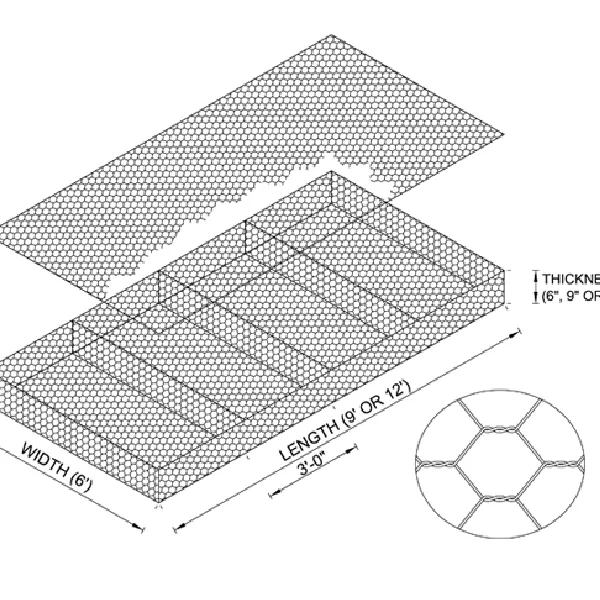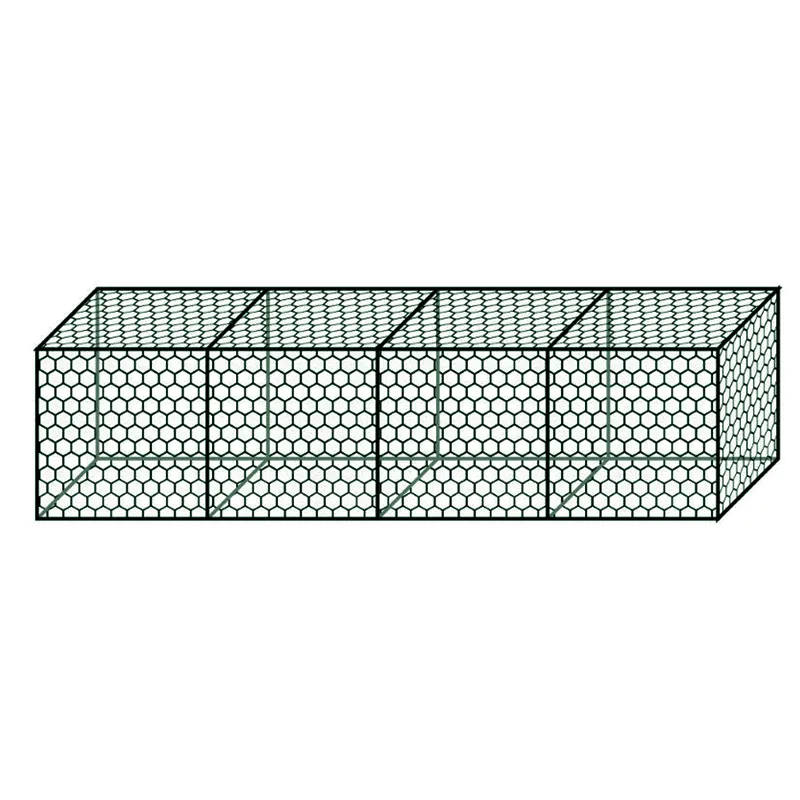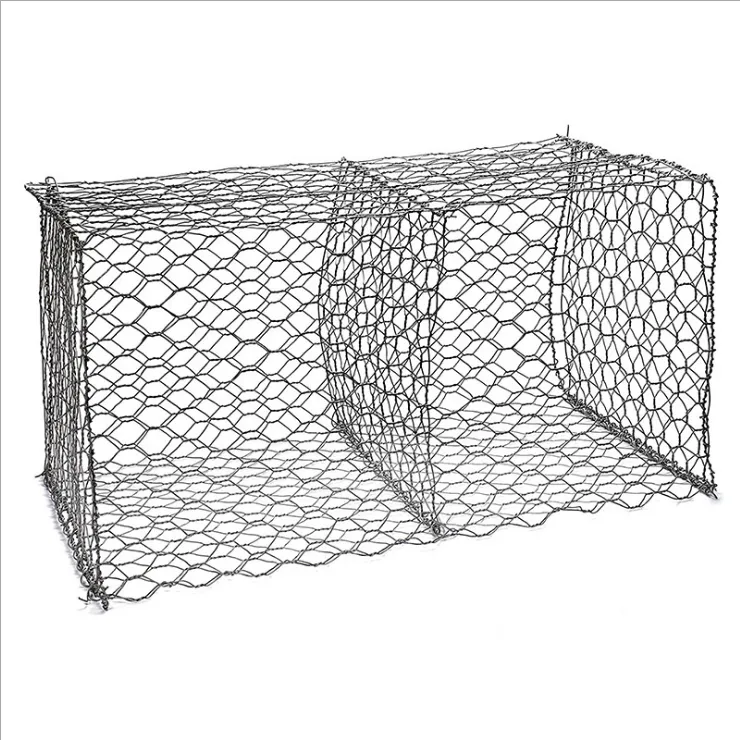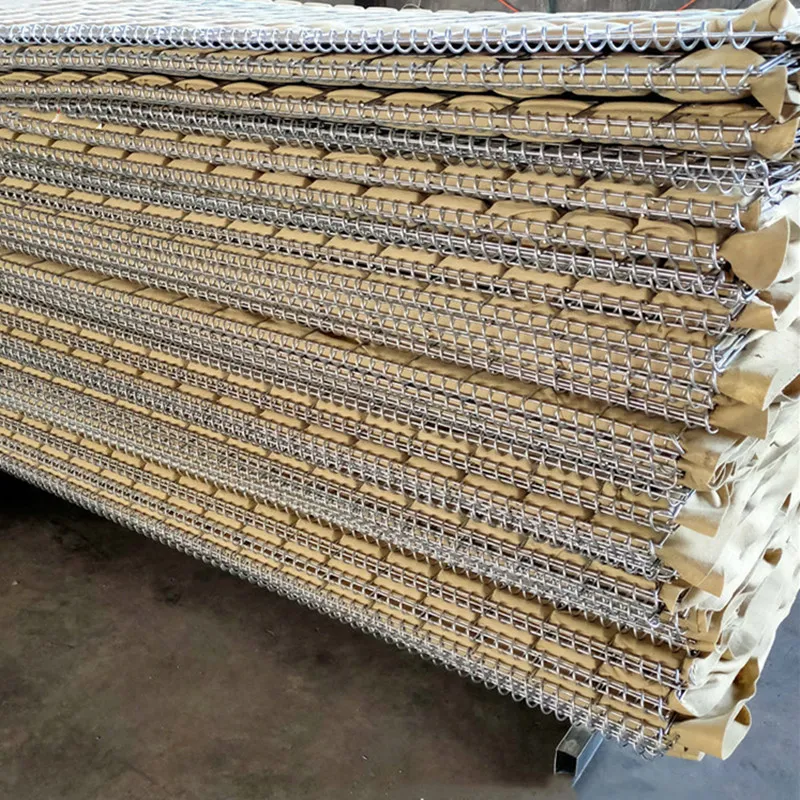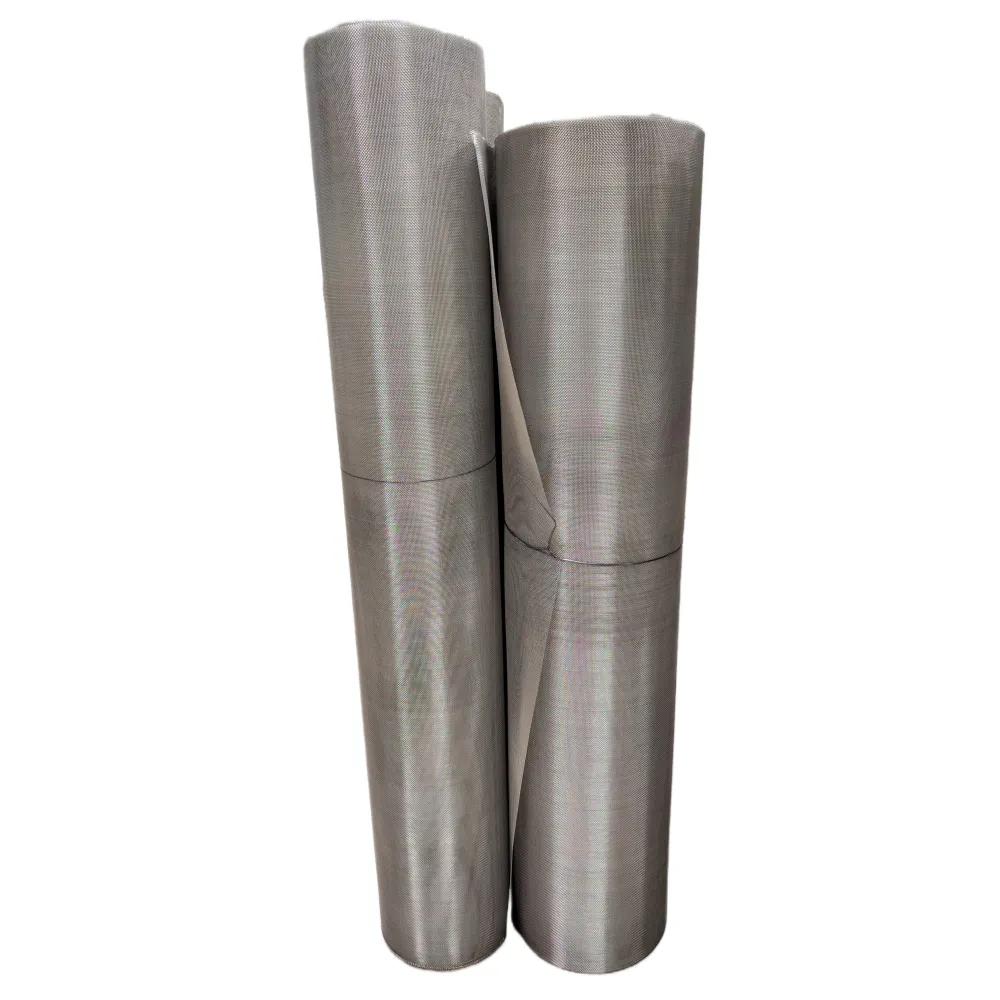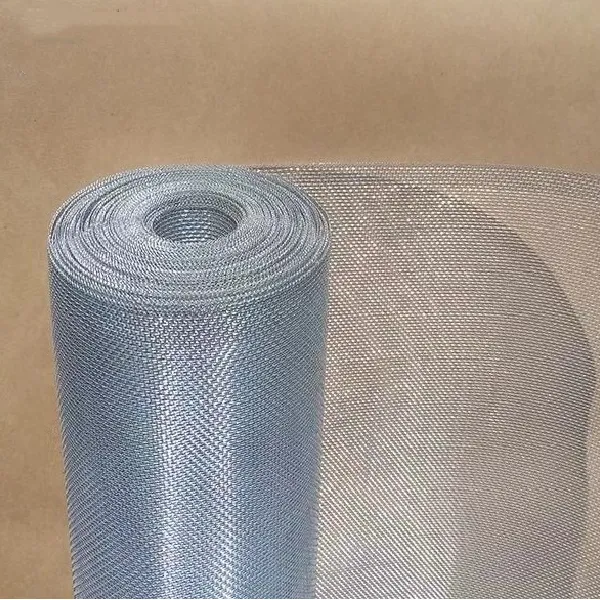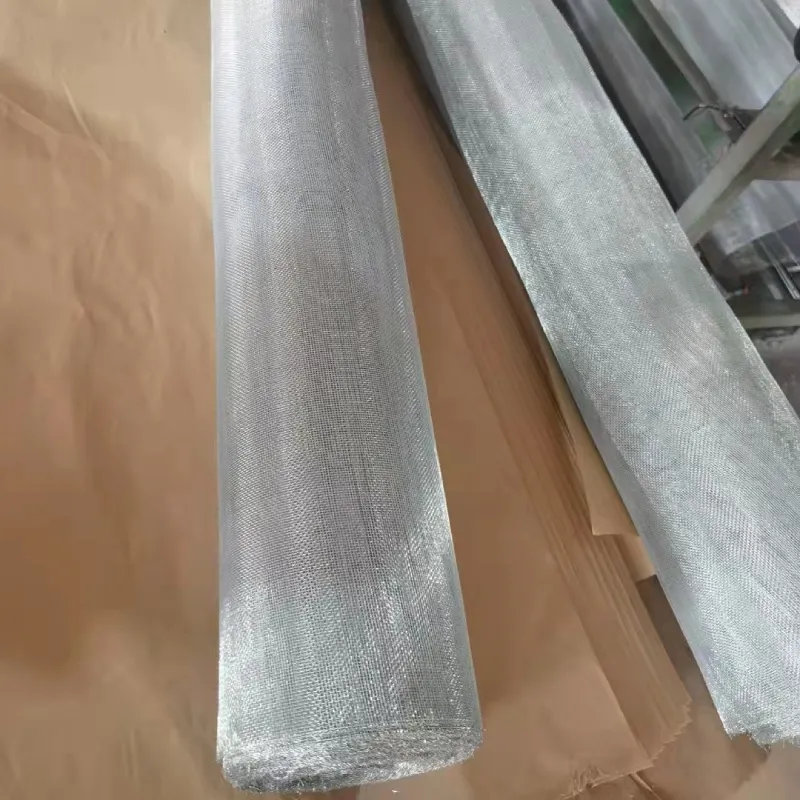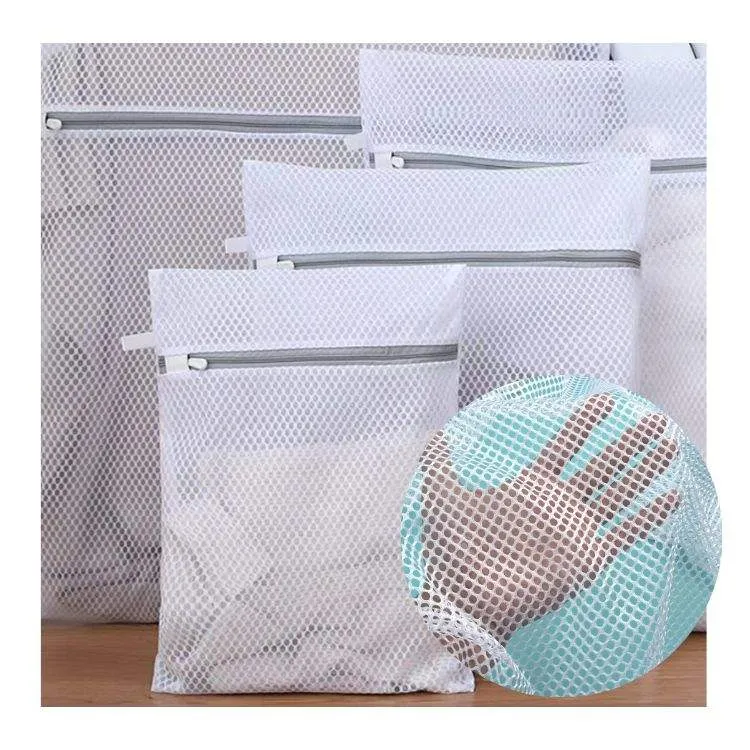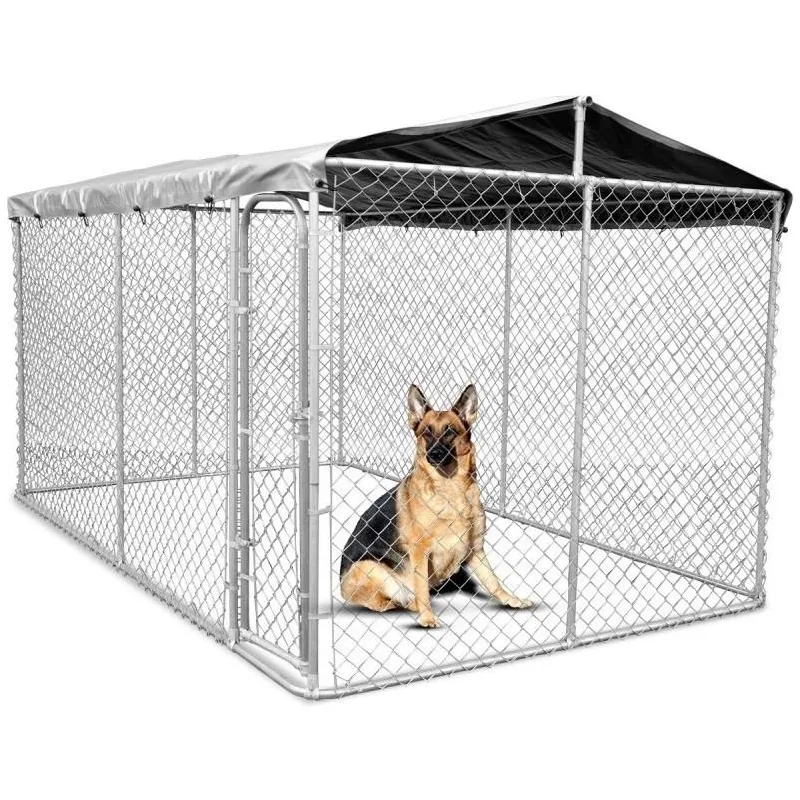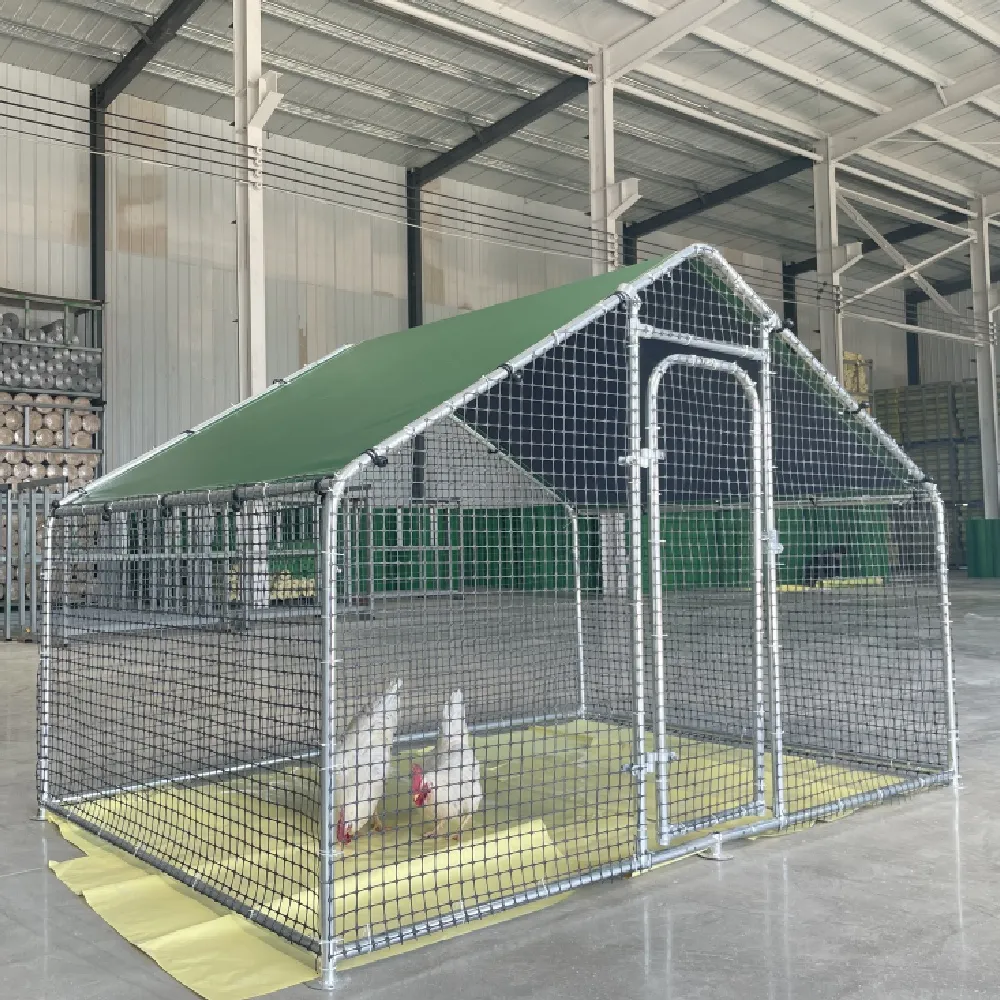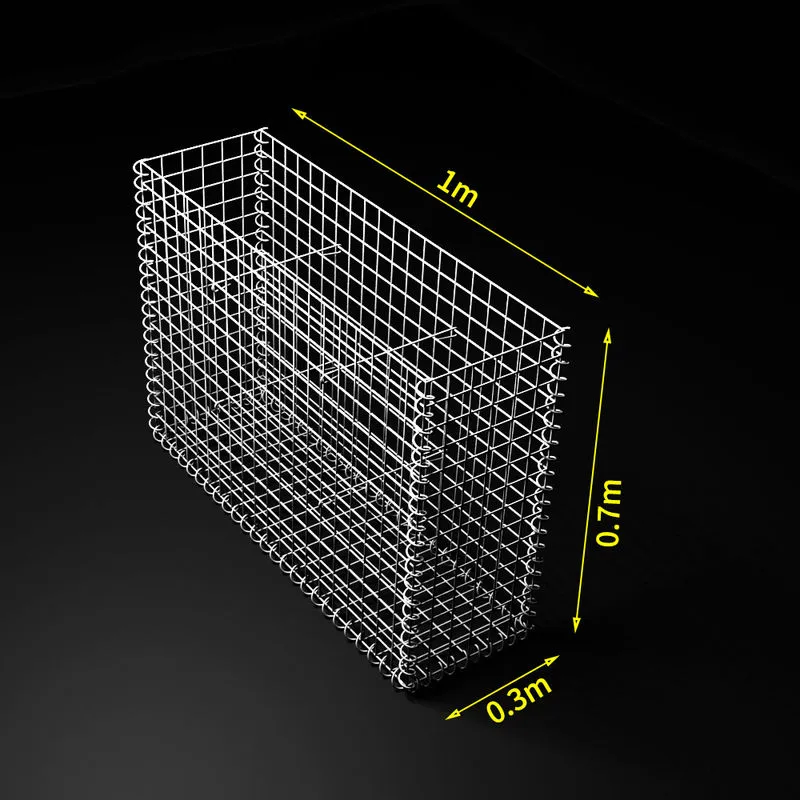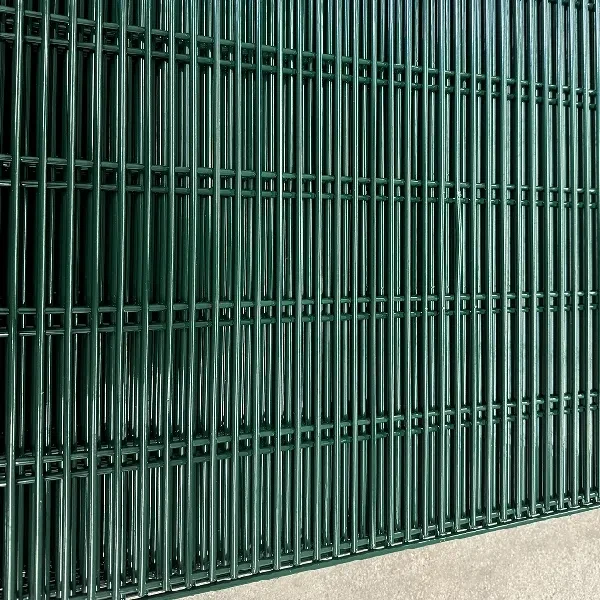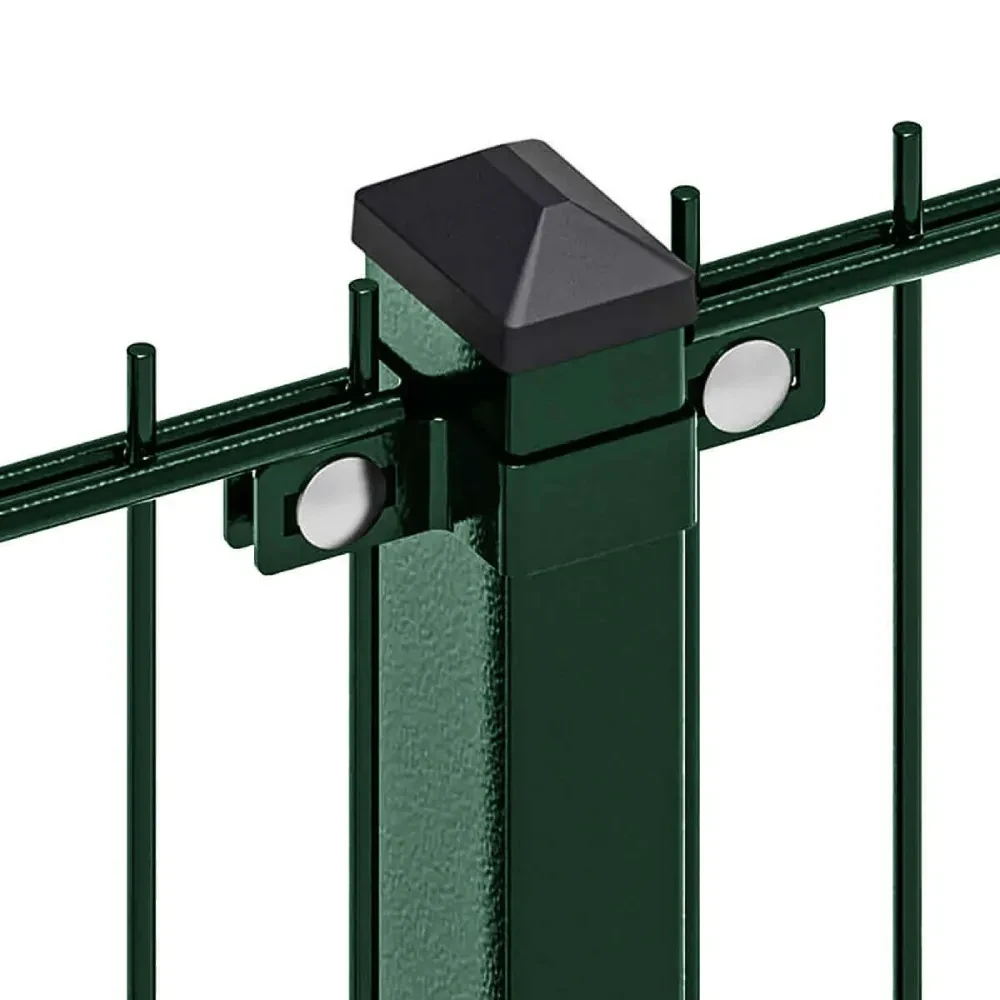Industry Overview and Trends in Advanced Filtration
In a landscape increasingly driven by stringent quality control and operational efficiency, the demand for high-performance industrial materials has never been more critical. Among these, Stainless Steel Wire Mesh stands out as an indispensable component across a multitude of sectors. This versatile material offers an unparalleled combination of durability, corrosion resistance, and precision, making it a cornerstone for applications ranging from advanced filtration to structural support and aesthetic design.
Current industry trends indicate a robust growth trajectory for stainless steel mesh products, primarily fueled by expanding requirements in the petrochemical, food and beverage, pharmaceutical, water treatment, and environmental protection sectors. There's a notable shift towards specialized alloys and intricate weave patterns to meet ever-tightening specifications for particle separation, fluid dynamics, and extreme environment resilience. Market analysis projects the global industrial mesh market to grow at a Compound Annual Growth Rate (CAGR) of approximately 5-7% over the next five years, driven by innovation in manufacturing processes and the escalating need for sustainable and long-lasting industrial solutions. Furthermore, increasing automation in manufacturing processes and the push for greater energy efficiency are shaping product development, leading to meshes designed for optimized flow rates and reduced pressure drop, thus contributing to significant energy savings in operational systems.
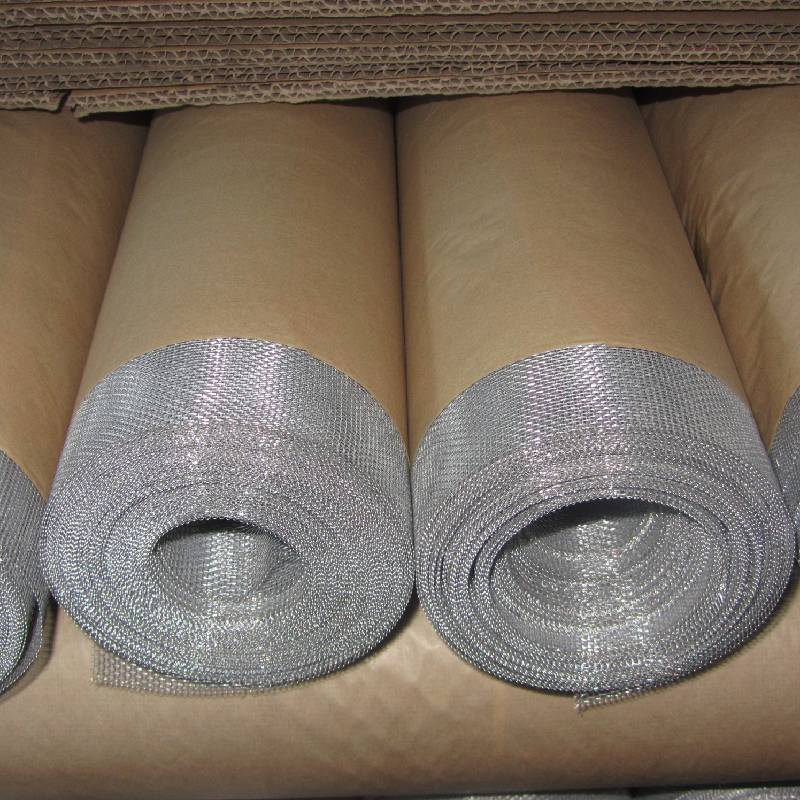
Technological advancements in weaving and welding techniques enable the production of meshes with unprecedented precision, offering finer filtration capabilities and enhanced mechanical strength. The emphasis is on not just meeting but exceeding regulatory standards, such as ISO and ASTM, for material integrity and performance. As industries continue to evolve, the adaptability and inherent advantages of stainless steel wire mesh will solidify its position as a preferred material for critical applications demanding reliability and longevity.
Detailed Manufacturing Process of Stainless Steel Wire Mesh
The production of high-quality Stainless Steel Wire Mesh is a sophisticated process demanding precision and adherence to rigorous standards. It begins with the meticulous selection of premium raw materials and culminates in a finished product engineered for specific industrial applications.
1. Raw Material Selection
The foundation of superior mesh lies in the choice of stainless steel alloys. Common grades include 304, 304L, 316, 316L, 310S, and specialized alloys like 904L or Duplex steels. Each grade offers distinct properties: 304/304L provide excellent corrosion resistance in general applications, while 316/316L (containing molybdenum) are preferred for enhanced resistance to pitting and crevice corrosion, particularly in chloride-rich environments. 310S is selected for high-temperature applications due to its superior heat resistance, and Duplex grades offer a combination of strength and corrosion resistance. All raw materials are sourced from certified mills, ensuring compliance with international standards such as ASTM A240 and EN 10088.
2. Wire Drawing
Selected stainless steel rods undergo a multi-stage wire drawing process. This involves pulling the rod through a series of progressively smaller dies to reduce its diameter to the precise dimension required for the mesh. This process not only achieves the target wire diameter but also enhances the tensile strength and surface finish of the wire, critical for subsequent weaving or welding operations.
3. Weaving or Welding
This is the core manufacturing stage, defining the mesh's structure and performance.
-
Weaving: The most common method for producing filtration and screening media. Advanced weaving looms interlace warp (longitudinal) and weft (transverse) wires to create various patterns:
- Plain Weave: Each weft wire passes alternately over and under each warp wire. Offers robust structure for coarse to medium meshes.
- Twill Weave: Each weft wire passes over two warp wires and then under two warp wires, creating a diagonal pattern. Allows for thicker wires and finer mesh counts than plain weave, enhancing strength and filtration efficiency.
- Plain Dutch Weave: Warp wires are thicker than weft wires. Weft wires are closely packed, creating a dense, strong mesh with very fine filtration capabilities and high flow rates.
- Twill Dutch Weave: Combines the characteristics of twill and Dutch weaves, offering even finer filtration, superior strength, and resistance to deformation under pressure.
-
Welding: For coarser meshes or those requiring high structural integrity, such as security screens or architectural panels, wires are resistance-welded at their intersections. This process creates a rigid, robust mesh structure.
4. Annealing and Finishing
After weaving or welding, the mesh may undergo annealing, a heat treatment process that relieves internal stresses introduced during manufacturing, improving ductility and workability. The mesh is then cleaned to remove any residues, oils, or oxides, often through pickling or passivation, to ensure optimal corrosion resistance and hygiene. Finally, the mesh is cut to specified dimensions, often with advanced CNC machining for intricate shapes, and edges are finished (e.g., crimped, welded, or plain) according to application requirements.
5. Quality Control and Testing
Stringent quality control is maintained throughout the entire process. Key testing standards include:
- Material Composition: X-ray fluorescence (XRF) or optical emission spectroscopy (OES) verify alloy composition against standards like ASTM A240.
- Dimensional Accuracy: Mesh count, wire diameter, and aperture size are checked using optical comparators and precision gauges, adhering to ISO 9044 or ASTM E2814.
- Mechanical Properties: Tensile strength and elongation tests ensure the mesh meets specified structural requirements.
- Corrosion Resistance: Salt spray tests or intergranular corrosion tests may be performed for critical applications.
The average service life of a well-maintained Stainless Steel Wire Mesh product can range from 5 to over 20 years, depending on the specific grade, environmental conditions, and application stresses. In demanding environments like petrochemical refining, where superior corrosion resistance is paramount, 316L stainless steel mesh offers extended service life, reducing downtime and maintenance costs. For water supply & drainage systems, the inherent resistance to rust and bio-fouling ensures clean, efficient filtration with minimal energy expenditure for pumping due to consistent flow rates.
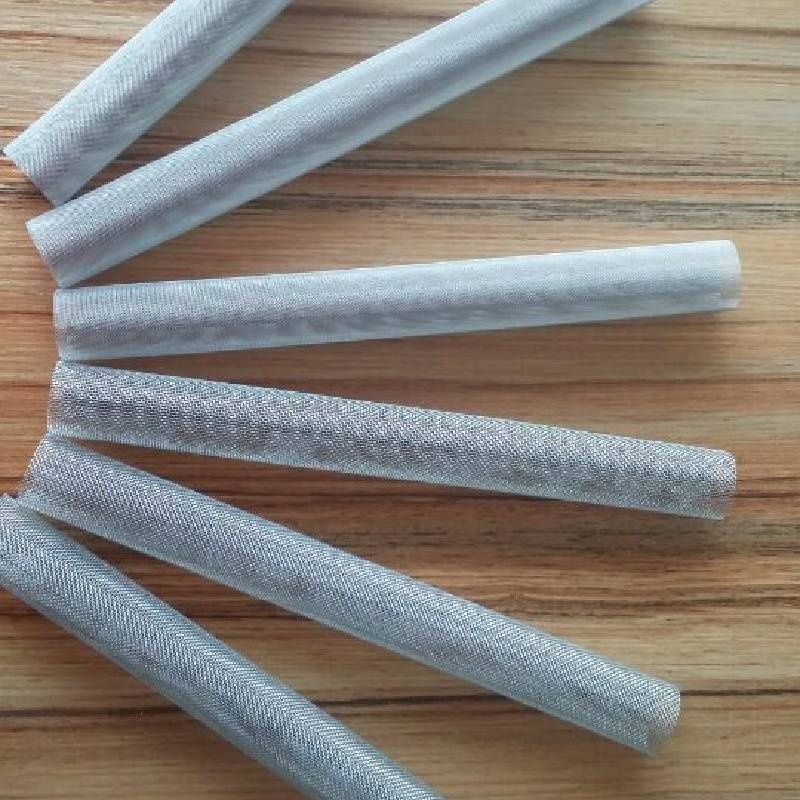
Technical Specifications and Data Visualization
Understanding the precise technical specifications of Stainless Steel Wire Mesh is paramount for selecting the optimal product for any given application. Key parameters include mesh count, wire diameter, aperture size (or opening), and the open area percentage, all of which critically influence filtration efficiency, flow rate, and mechanical strength.
Key Parameters Defined:
- Mesh Count: The number of openings per linear inch, measured from the center of one wire to the center of an adjacent wire. Higher mesh counts indicate finer filtration.
- Wire Diameter: The thickness of the individual wires, measured in millimeters or inches. Thicker wires generally result in stronger mesh but smaller open areas.
- Aperture Size (Opening): The clear opening between adjacent wires, determining the maximum particle size that can pass through. Calculated by (1 inch / Mesh Count) - Wire Diameter.
- Open Area Percentage: The ratio of the total area of the openings to the total area of the mesh, expressed as a percentage. A higher open area typically means a higher flow rate and lower pressure drop.
- Weave Pattern: As discussed previously (Plain, Twill, Dutch Plain, Dutch Twill), this dictates the mesh’s structural integrity and filtration characteristics.
Typical Product Specification Table:
| Material Grade |
Mesh Count (per inch) |
Wire Diameter (mm) |
Aperture Size (mm) |
Open Area (%) |
Weave Pattern |
Typical Application |
| SS304 |
20 x 20 |
0.40 |
0.87 |
48.2 |
Plain |
General screening, insect screens |
| SS304L |
80 x 80 |
0.12 |
0.198 |
39.4 |
Plain |
Fine filtration, food processing |
| SS316 |
100 x 100 |
0.10 |
0.154 |
37.3 |
Plain |
Chemical processing, pharmaceuticals |
| SS316L |
200 x 200 |
0.05 |
0.077 |
37.3 |
Plain |
High-purity filtration, biomedical |
| SS316L |
200 x 1400 |
0.30/0.12 |
0.015 |
4.5 |
Dutch Weave |
High-pressure filtration, gas-liquid separation |
These specifications are crucial for engineers and procurement specialists to ensure the mesh meets the precise functional and environmental demands of their projects. Our expertise lies in guiding clients through these parameters to arrive at the most effective and efficient Stainless Steel Wire Mesh solution. All products are tested against relevant international standards, including ISO 3310-1 for test sieves and ASTM E2814 for industrial wire cloth, ensuring verifiable quality and performance.
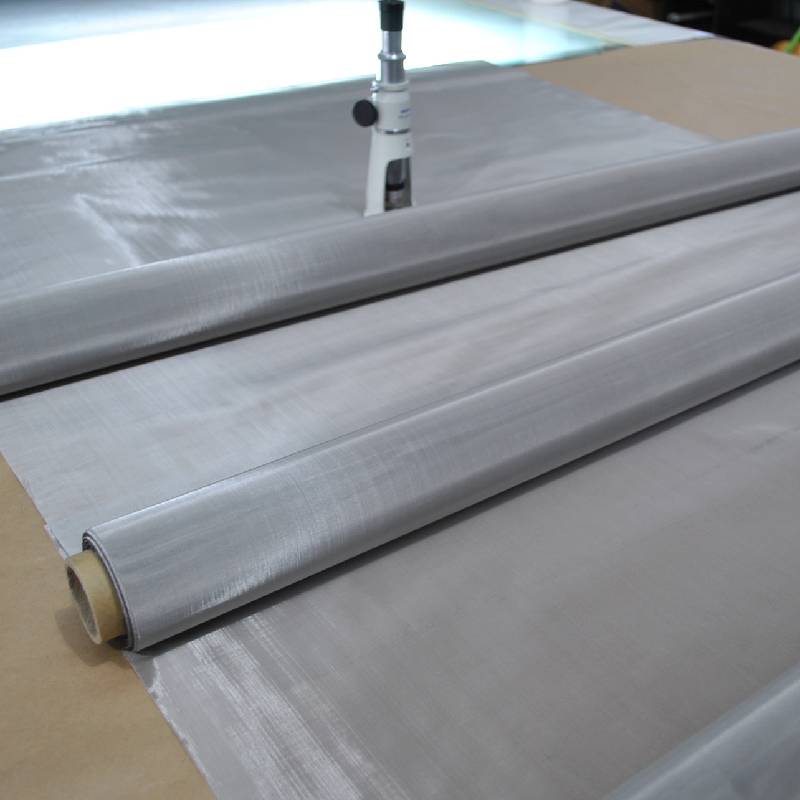
Application Scenarios and Technical Advantages
The inherent versatility and robust properties of Stainless Steel Wire Mesh position it as a preferred material solution across a diverse array of demanding industrial applications. Its unique combination of corrosion resistance, high-temperature stability, mechanical strength, and precise filtration capabilities offers significant technical advantages.
Key Application Scenarios:
-
Filtration and Separation: This is arguably the most critical application.
- Liquid Filtration: Essential in petrochemical, chemical processing, water treatment, and food & beverage industries for removing particulates, ensuring product purity, and protecting downstream equipment. Examples include pre-filters for reverse osmosis systems, catalyst recovery in chemical reactors, and clarification of edible oils.
- Gas Filtration: Used in air purification systems, exhaust gas treatment, and process gas separation to capture fine aerosols and particulate matter, crucial for environmental compliance and process efficiency.
- Sifting and Screening: In mining, pharmaceuticals, and agriculture, mesh is used for precise classification of dry bulk materials based on particle size, optimizing product quality and yield.
- Support and Reinforcement: Employed as support grids for catalysts in chemical reactors, as protective screens, and as architectural and decorative mesh due to its aesthetic appeal and structural integrity.
- Medical and Pharmaceutical: Due to its biocompatibility and ease of sterilization, stainless steel mesh is used in medical implants, laboratory equipment, and pharmaceutical manufacturing for sterile filtration.
- Automotive: Used in exhaust systems, fuel filters, and air intake filters for enhanced performance and longevity.
Technical Advantages:
-
Superior Corrosion Resistance: Stainless steel, particularly grades like 316L, offers exceptional resistance to oxidation, rust, and various chemical attacks, ensuring long service life even in highly aggressive environments (e.g., seawater, acidic solutions, high chloride content). This translates to reduced maintenance and replacement costs.
-
High Temperature Stability: Certain grades, such as 310S, retain their mechanical properties and structural integrity at elevated temperatures, making them ideal for applications in furnaces, heat exchangers, and high-temperature processing.
-
Excellent Mechanical Strength: The intrinsic strength of stainless steel wires, combined with robust weaving or welding patterns, results in mesh products that can withstand high differential pressures and mechanical stress without deformation, ensuring consistent performance.
-
Precision and Uniformity: Advanced manufacturing techniques ensure consistent mesh openings and wire diameters, guaranteeing predictable filtration and separation outcomes crucial for product quality and process control.
-
Hygiene and Cleanability: The smooth, non-porous surface of stainless steel inhibits bacterial growth and allows for easy cleaning and sterilization, making it ideal for sanitary applications in food, beverage, and pharmaceutical industries. Its resistance to fouling further enhances its appeal.
-
Cost-Effectiveness Over Lifecycle: While initial investment might be higher than alternative materials, the extended service life, minimal maintenance requirements, and high efficiency of stainless steel mesh result in a lower total cost of ownership over the product's lifespan.
-
Energy Saving: Precisely engineered meshes with optimized open areas facilitate efficient fluid and gas flow, minimizing pressure drop across filtration systems. This directly translates to reduced energy consumption for pumps and compressors, contributing to operational energy savings.
These technical advantages underscore why stainless steel wire mesh remains the material of choice for demanding industrial applications where performance, reliability, and longevity are non-negotiable.
Customized Solutions for Specialized Requirements
While standard specifications address a wide range of industrial needs, many sophisticated applications demand highly specialized Stainless Steel Wire Mesh solutions. Our expertise lies in collaborating with clients to develop bespoke mesh products that precisely meet their unique operational challenges and performance criteria. Customization is not merely an option but a strategic partnership to optimize processes and achieve superior outcomes.
Our Customization Capabilities Include:
-
Material Selection: Beyond common grades like 304, 304L, 316, and 316L, we can provide mesh in exotic alloys such as 310S for extreme high-temperature resistance, Duplex and Super Duplex stainless steels for enhanced strength and corrosion resistance in highly aggressive environments (e.g., offshore oil and gas), or even Hastelloy for unparalleled chemical inertness.
-
Unique Mesh Counts and Wire Diameters: Fabrication of mesh with non-standard mesh counts, ultra-fine wire diameters down to microns, or heavy-gauge wires for specific flow rates, filtration thresholds, or load-bearing requirements.
-
Special Weave Patterns: Development of tailored weave patterns (e.g., reverse Dutch weave, intercrimp weave) to achieve specific characteristics such as higher strength, improved filtration efficiency, better dirt holding capacity, or unique aesthetic properties.
-
Custom Shapes and Sizes: Precision cutting and fabrication into various forms, including cut-to-size sheets, circles, discs, cylinders, cones, baskets, and multi-layered composite filters. Advanced CNC laser cutting and welding ensure high accuracy and clean finishes.
-
Edge Treatments and Reinforcements: Application of specialized edge treatments such as welded, crimped, bordered, or hemmed edges to prevent fraying, facilitate installation, and enhance structural integrity for demanding applications like filter elements or vibrating screens.
-
Surface Finishes: Custom surface treatments, including electropolishing for improved hygiene and corrosion resistance (especially for pharmaceutical and food contact applications), or specialized coatings for enhanced abrasion resistance or reduced friction.
Our engineering team works closely with clients from initial concept and material selection through design, prototyping, and final production. This consultative approach ensures that every customized Stainless Steel Wire Mesh solution is not just fit for purpose but optimized for peak performance and longevity within its intended operational environment.
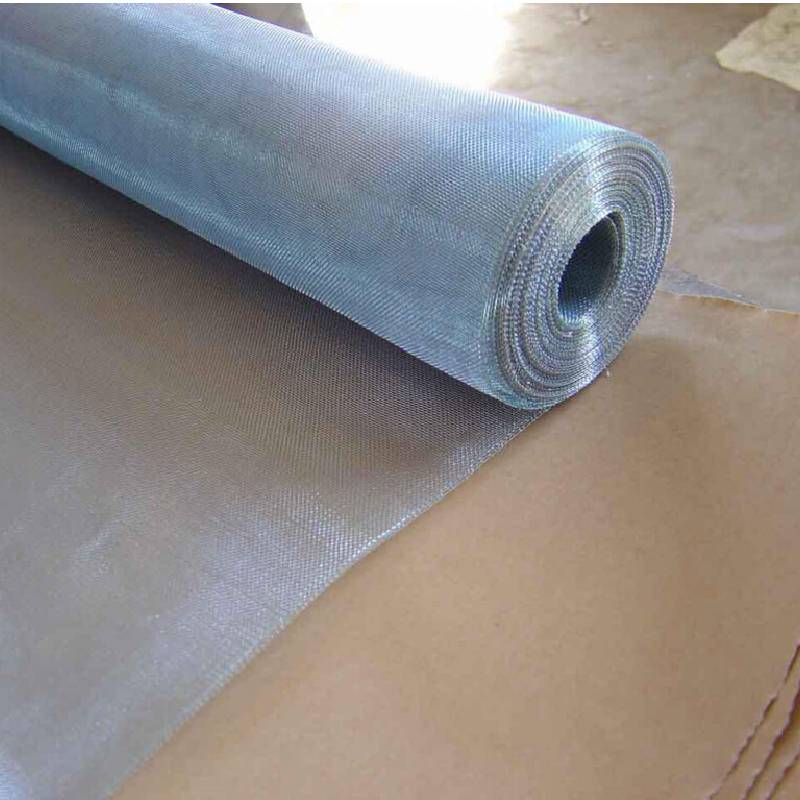
Vendor Comparison: Selecting the Right Partner
Choosing the right supplier for Stainless Steel Wire Mesh is a critical decision that impacts product quality, operational efficiency, and long-term cost-effectiveness. A comprehensive evaluation of potential vendors based on several key criteria is essential for B2B decision-makers. Below is a comparative overview of what distinguishes a reliable and high-quality provider in the market.
Vendor Comparison Criteria:
| Feature/Criterion |
Leading Supplier (e.g., Tikemetal) |
Standard Vendor |
Budget Vendor |
| Material Certification |
Full material traceability & certifications (ISO, ASTM, EN). |
Basic material certs, limited traceability. |
May lack verifiable material certifications. |
| Customization Capabilities |
Extensive, engineering support for bespoke designs, alloys, shapes. |
Limited to minor modifications of standard products. |
Minimal or no customization options. |
| Quality Control |
Rigorous multi-stage QC (ISO 9001, in-house lab testing, optical inspection). |
Standard QC checks, reliance on supplier certifications. |
Basic visual inspection, inconsistent quality. |
| Technical Support & Expertise |
Dedicated technical team, pre-sales consultation, post-sales support. Years of specialized experience. |
Basic support, limited problem-solving expertise. |
Primarily sales-focused, minimal technical guidance. |
| Lead Time & Fulfillment |
Optimized production, reliable delivery schedules, global logistics. |
Standard lead times, potential for delays. |
Often long and unpredictable lead times. |
| Warranty & After-Sales |
Comprehensive warranty, responsive issue resolution, clear return policy. |
Standard limited warranty, slower support. |
Minimal or no warranty, difficult after-sales. |
| Price Competitiveness |
Competitive pricing reflecting value, quality, and long-term savings. |
Moderate pricing. |
Lowest initial price, but higher total cost of ownership. |
A leading supplier differentiates itself through a commitment to quality, depth of technical expertise, and a client-centric approach to customization and support. The initial cost saving offered by budget vendors often translates into higher total cost of ownership due to premature failures, frequent replacements, and compromised operational efficiency. Partnering with a reputable vendor ensures not just a product, but a reliable solution backed by extensive industry experience and stringent quality assurances.
Application Case Studies and Customer Experience
Our extensive experience in providing Stainless Steel Wire Mesh solutions has led to successful outcomes across numerous critical industrial applications. These case studies highlight our capability to deliver precise, durable, and effective solutions tailored to specific client needs, reinforcing our commitment to quality and engineering excellence.
Case Study 1: Enhanced Filtration in a Petrochemical Plant
- Client: Major petrochemical company.
- Challenge: The client faced frequent clogging and premature failure of their existing filter elements in a corrosive hydro-desulfurization unit. The process involved hot crude oil with high sulfur content, requiring superior corrosion resistance and filtration efficiency for catalyst protection. Downtime for filter replacement was impacting production schedules significantly.
- Solution: We engineered custom filter cartridges using a specialized 316L stainless steel Dutch weave wire mesh. The specific weave pattern was chosen for its enhanced particle retention and robust structure under high differential pressure. The 316L alloy provided exceptional resistance to sulfur compounds and chlorides present in the crude oil. Each cartridge was precisely manufactured and underwent rigorous in-house pressure testing.
- Outcome: The new Stainless Steel Wire Mesh filters extended the service life of the filter elements by over 150%, significantly reducing filter change-outs and associated maintenance costs. This led to a 10% increase in operational uptime and a measurable improvement in catalyst bed performance due to more consistent filtration. The client reported excellent long-term performance and reliability.
Case Study 2: Optimized Sifting in Pharmaceutical Manufacturing
- Client: Leading pharmaceutical manufacturer.
- Challenge: The client required a highly precise and hygienic sifting solution for active pharmaceutical ingredients (APIs) to ensure uniform particle size distribution, critical for drug efficacy. Their existing screens were prone to blinding and difficult to clean, leading to contamination risks and reduced throughput. FDA and GMP compliance were non-negotiable.
- Solution: We developed custom 304L stainless steel screens with a plain weave, carefully selected for optimal open area and precise aperture size. The mesh underwent an electropolishing process to create an ultra-smooth, passive surface, significantly enhancing its cleanability and preventing particle adhesion. All materials were supplied with full traceability and FDA-compliant documentation.
- Outcome: The custom electropolished mesh screens virtually eliminated blinding issues and simplified the cleaning validation process, reducing cleaning time by 30%. This directly led to a 20% increase in API throughput and ensured strict adherence to pharmaceutical hygiene and quality standards. The client praised the long-term consistency and robust design.
Customer Feedback and Experience:
"Working with [Our Company] has been a game-changer for our process. Their technical team's understanding of our unique challenges in high-temperature environments allowed us to implement a Stainless Steel Wire Mesh solution that not only lasted longer but also improved the efficiency of our furnace operations. The quality and support are unmatched."
— Lead Engineer, Metallurgy Industry
"We rely on precise filtration for our water treatment facilities, and the consistent quality of their Stainless Steel Wire Mesh has been instrumental. Their ability to deliver on time, even for large custom orders, has greatly supported our project timelines and operational continuity."
— Procurement Manager, Water & Wastewater Solutions
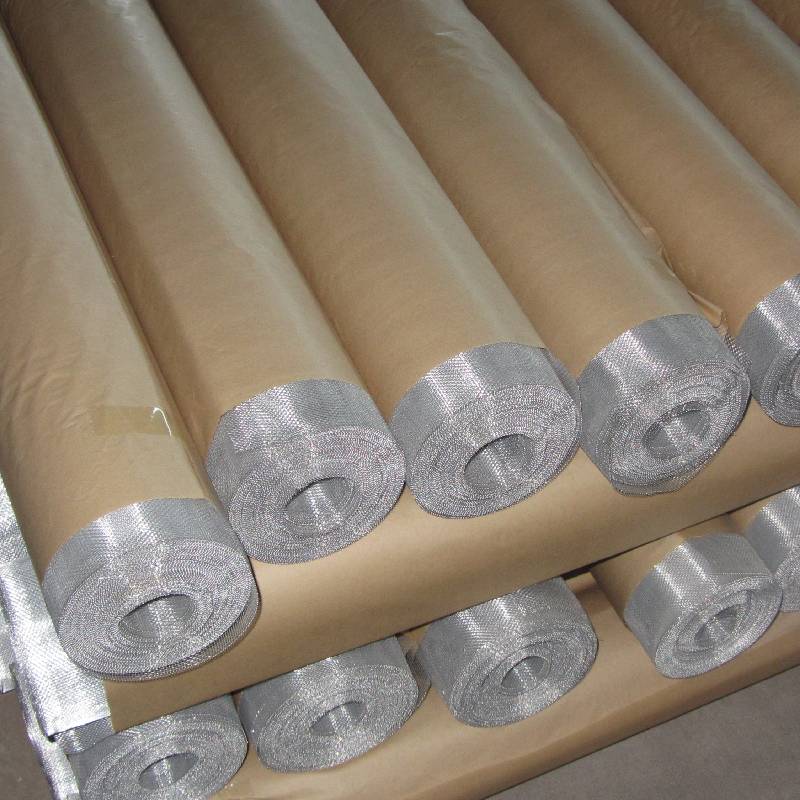
These testimonials and case studies reflect our commitment to delivering not just a product, but a complete solution backed by deep technical knowledge, robust quality control, and an unwavering focus on customer success.
Trustworthiness: FAQ, Lead Time, Warranty, and Support
Building trust with B2B clients is paramount, and it stems from transparency, clear commitments, and robust support systems. We are dedicated to providing comprehensive information and services that ensure peace of mind for our partners.
Frequently Asked Questions (FAQ) about Stainless Steel Wire Mesh:
Q: What is the primary difference between 304 and 316 stainless steel wire mesh?
A: The main difference lies in chemical composition. 316 stainless steel contains molybdenum, which provides superior corrosion resistance, particularly against pitting and crevice corrosion in chloride environments (e.g., seawater, certain chemical solutions). 304 is a general-purpose grade suitable for most applications not exposed to aggressive corrosive agents.
Q: How do I determine the correct mesh count and wire diameter for my application?
A: This depends on several factors: the particle size you need to filter or separate, the required flow rate of liquid/gas, desired mechanical strength, and the application environment. Our experienced engineers can provide detailed consultation and recommend the optimal specifications based on your specific requirements and performance objectives.
Q: Can your stainless steel wire mesh withstand high temperatures?
A: Yes, certain grades are specifically designed for high-temperature service. For instance, 310S stainless steel offers excellent resistance to oxidation and retains significant strength at temperatures up to 1100°C (2012°F). We can recommend the appropriate alloy for your high-temperature applications.
Q: What customization options are available for Stainless Steel Wire Mesh?
A: We offer extensive customization, including choice of material alloy, non-standard mesh counts and wire diameters, specialized weave patterns, custom shapes (discs, cylinders, cones), sizes, and edge treatments (welded, crimped). Our aim is to provide a mesh solution perfectly tailored to your project.
Lead Time and Fulfillment Details:
We understand the importance of timely delivery for industrial projects. Our typical lead times are:
- Standard Products: Generally 2-4 weeks from order confirmation, depending on stock availability and volume.
- Customized Solutions: Typically 4-8 weeks, varying based on complexity, material sourcing, and specific fabrication requirements.
We offer expedited production options for urgent requirements and provide detailed logistics support, including various shipping methods to ensure your order reaches you efficiently and securely. All shipments are carefully packed to prevent damage during transit.
Warranty Commitments:
We stand by the quality of our Stainless Steel Wire Mesh products. All products are covered by a standard 1-year warranty against manufacturing defects in material and workmanship from the date of purchase. For specific applications or highly customized solutions, extended warranties or performance guarantees may be available upon discussion and agreement. Our warranty ensures that you receive products that meet or exceed industry standards and your specified requirements.
Customer Support and After-Sales Service:
Our commitment extends beyond delivery. We provide dedicated customer support and comprehensive after-sales service to ensure the long-term satisfaction and success of our clients.
- Technical Assistance: Our team of expert engineers and product specialists is available to provide technical guidance, troubleshoot issues, and offer recommendations for optimal product utilization.
- Installation Support: We can offer guidance and best practices for the installation of our mesh products to maximize their performance and longevity.
- Responsive Communication: We ensure prompt and clear communication channels, including email and phone support, to address any queries or concerns efficiently.
- Feedback Mechanism: We actively solicit customer feedback to continuously improve our products and services, ensuring we consistently meet and exceed expectations.
Your operational continuity and success are our priorities.
References
- ASTM International. (2023). ASTM E2016-23, Standard Specification for Industrial Woven Wire Cloth.
- ISO. (2022). ISO 3310-1:2022, Test sieves — Technical requirements and testing — Part 1: Test sieves of metal wire cloth.
- NACE International. (2021). Corrosion Engineering: Principles and Practice. (General reference for corrosion resistance of stainless steels).
- ASM International. (2020). ASM Handbook, Vol 1: Properties and Selection: Irons, Steels, and High-Performance Alloys.
- Frost & Sullivan. (2023). Global Industrial Filtration Market: Growth Opportunities and Challenges. (Industry trend data source).







